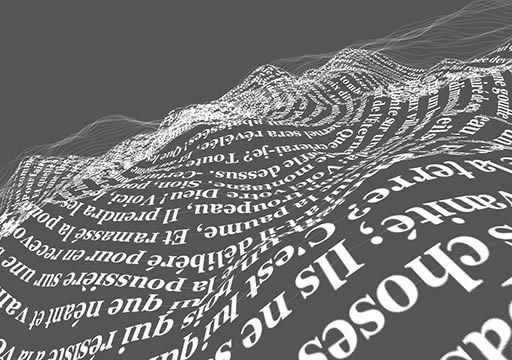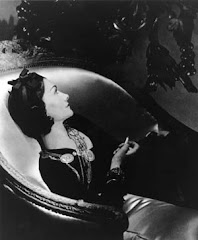Unluckily for those of us who write fiction or poetry or plays for a living, the reading public’s demand that every scribbler become a “writer of conscience" has sunk its teeth into our butts. There are few demands for accountants of conscience, or orthopaedic surgeons of conscience. So what is it about novelists and poets that makes us qualified to analyse political trends and influence public opinion? The writer’s life consists of the following : staring in sick dread at a blank sheet of paper or Word document; typing something then deleting it; lying on the sofa daydreaming; staring out the window; making another cup of tea. Out of such banal conditions is literature made. Writers are foolish people who mistake their own interior worlds for reality, who exaggerate for effect, who believe they can make the truth sound better than it is in its raw form, and who feel their way clumsily in the dark , operating without a plan. Nonetheless, from time to time the writer turns on the television or reads a newspaper and discovers that wars are breaking out or that governments are about to be elected. Newspapers contact us to ask for our opinions. Are we for or against this war? How will we vote? We are flattered to be asked. The woman who runs the corner shop is not asked. Our bank managers are not asked. Our opinions must be of significance, and why not?
In the current issue of Prospect magazine, I have a piece on why novelists and poets of all people are expected by readers to be experts in geopolitics. The article has been hidden behind a subscription button but I now find it's been picked up by a South African newspaper called The Weekender.
Here is a snippet and read on
Friday, 25 January 2008
Posted by
Linda Grant
at
11:20
![]()
![]()
![]()
![]()
Labels: Literature, Opinions
Subscribe to:
Post Comments (Atom)

3 comments:
This might be a crossover effect from Hollywood, where it seems every Tom, Dick, and Leo is espousing 24/7 on The War, global warming, the State of the Union, and t-shirts made of bamboo.
Interesting. I think we've assigned the role of social critic to people in the arts because we think they are less bound by the conformist pressures that others face. (Here in the US, members of the clergy are the other group whose political opinions are given disproporionate attention, partly because of the example of Martin Luther King, and partly because of their perceived influence on the votes of their "flocks".)
Well, Shelley noted that poets are "the unacknowledged legislators of mankind." Could be you're finally being acknowledged?(tongue firmly in cheek, yes.)
Post a Comment